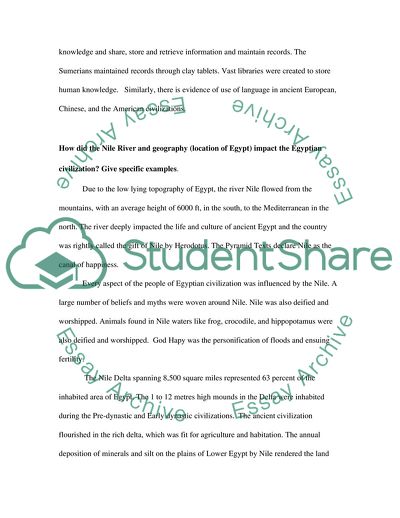Cite this document
(Western Civilization - history Assignment Example | Topics and Well Written Essays - 1750 words, n.d.)
Western Civilization - history Assignment Example | Topics and Well Written Essays - 1750 words. https://studentshare.org/history/1727865-western-civilization-history
Western Civilization - history Assignment Example | Topics and Well Written Essays - 1750 words. https://studentshare.org/history/1727865-western-civilization-history
(Western Civilization - History Assignment Example | Topics and Well Written Essays - 1750 Words)
Western Civilization - History Assignment Example | Topics and Well Written Essays - 1750 Words. https://studentshare.org/history/1727865-western-civilization-history.
Western Civilization - History Assignment Example | Topics and Well Written Essays - 1750 Words. https://studentshare.org/history/1727865-western-civilization-history.
“Western Civilization - History Assignment Example | Topics and Well Written Essays - 1750 Words”. https://studentshare.org/history/1727865-western-civilization-history.


